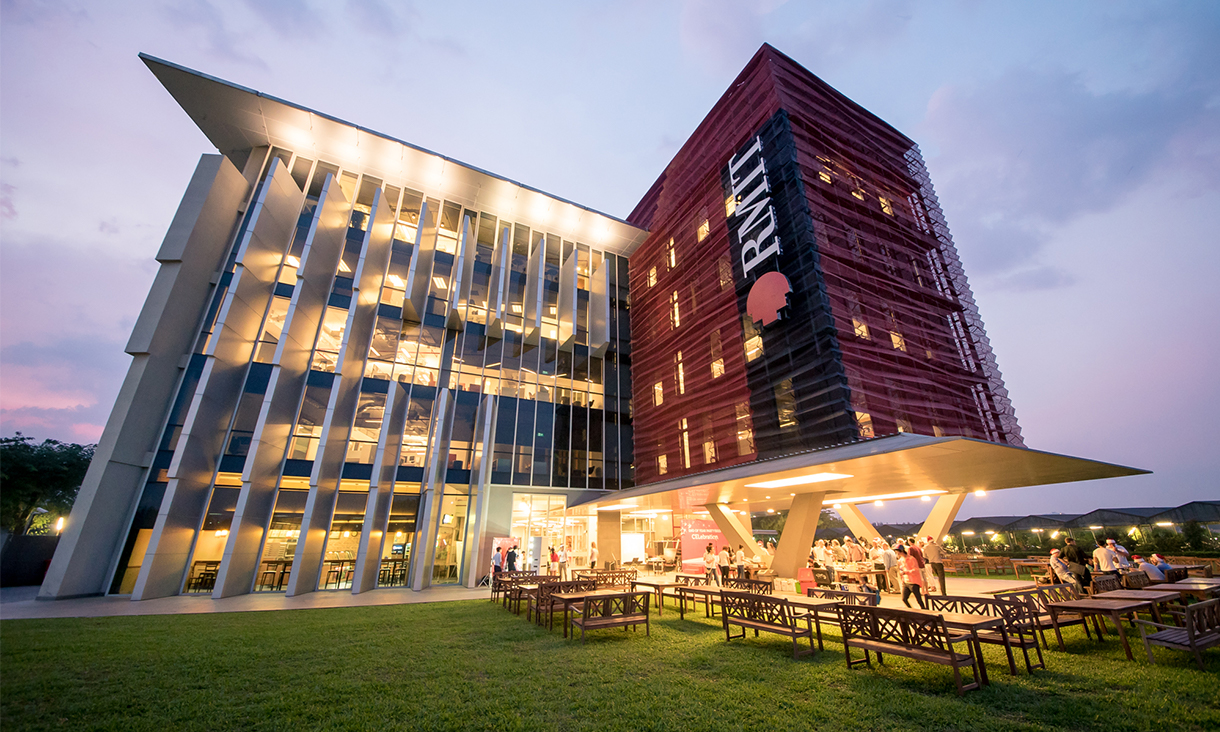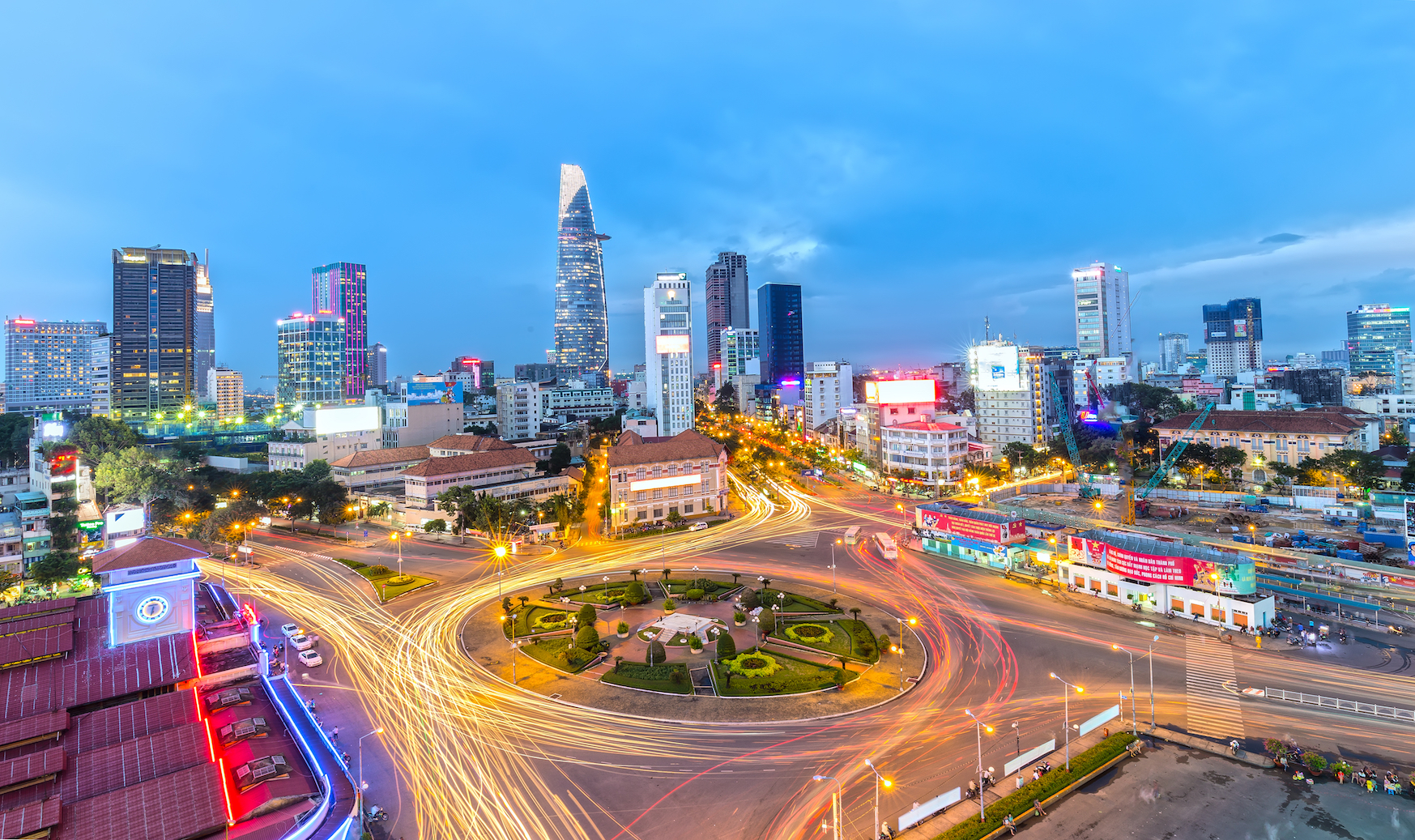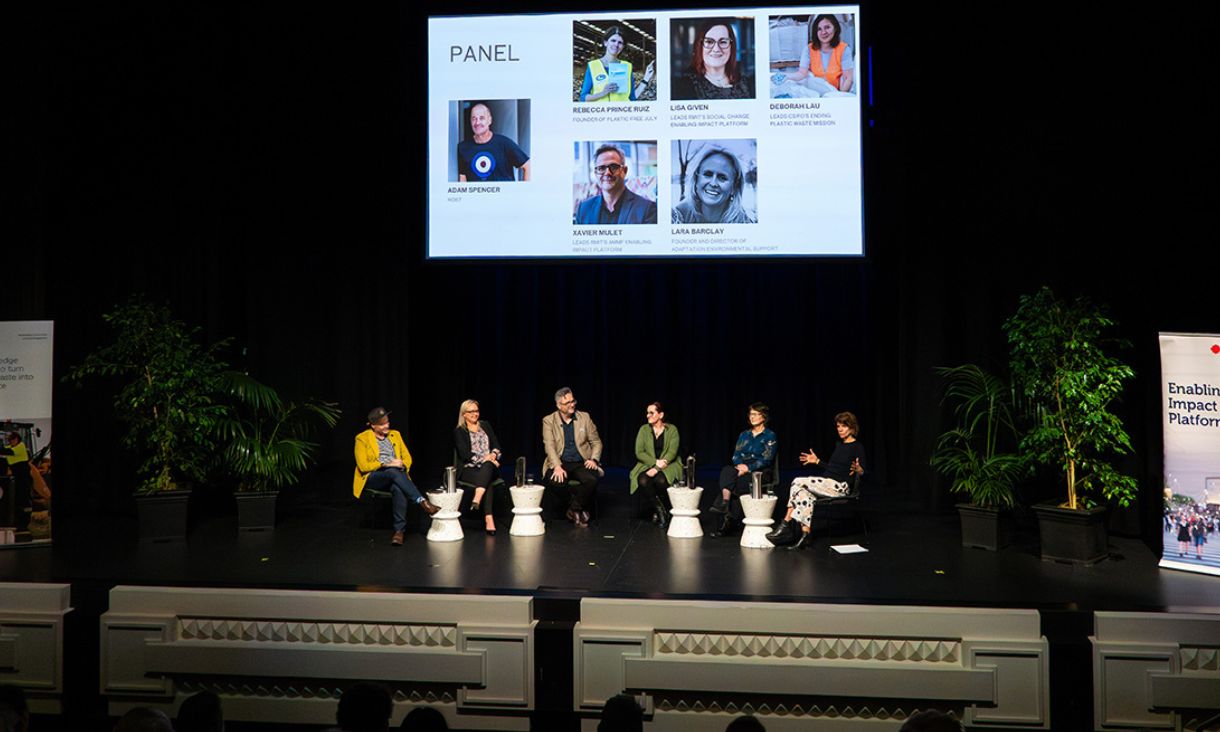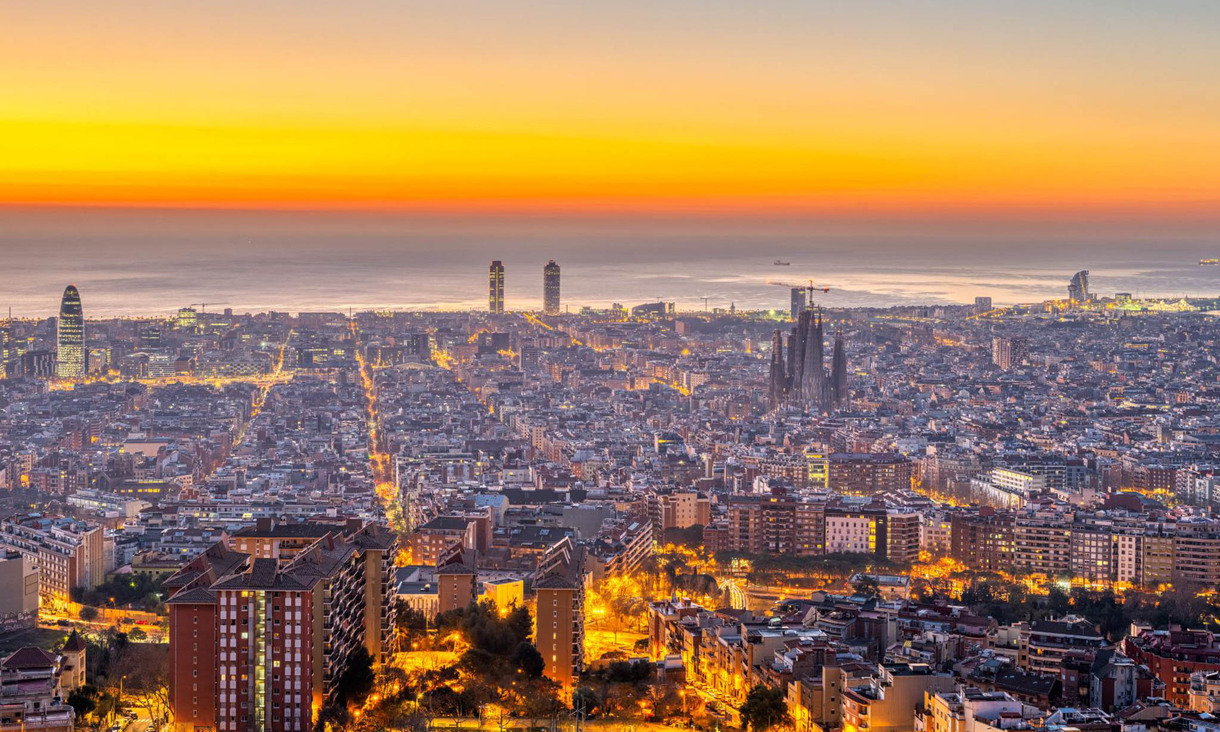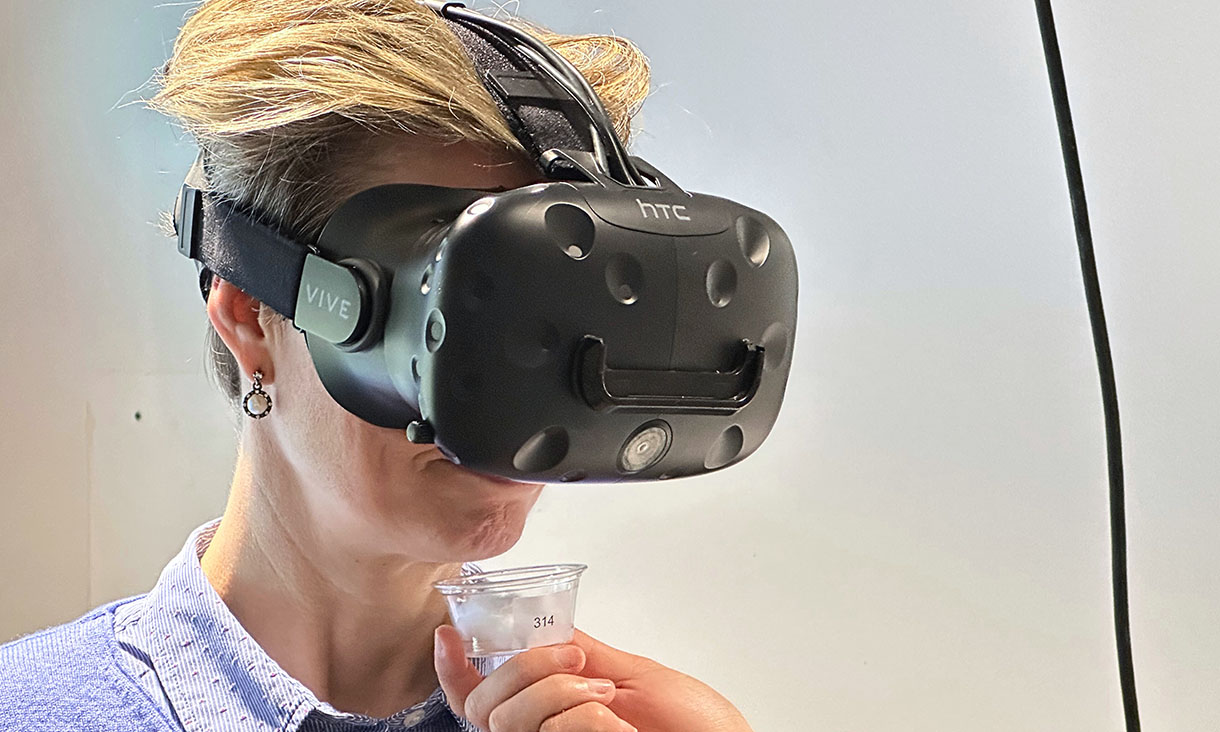Putting plastic waste to good use: building a sustainable future
RMIT's Capitol Theatre became a hub of innovative thinking and practical solutions as leading voices in sustainability, social change and science gathered to discuss the pressing issue of plastic waste.
Hot cities: Collaborating for climate justice
As our cities heat up, we must urgently find ways to think and act differently to better address the impacts of climate change particularly for those most marginalised, according to RMIT urban futures expert Professor Wendy Steele.
Digital solutions for active healthy living
RMIT Europe has contributed to a European project aimed at empowering citizens to live a healthy and active lifestyle.
Food aroma study may help explain why meals taste bad in space
Scientists from RMIT University have led a world-first study on common food aromas that may help explain why astronauts report meals taste bland in space and struggle to eat their normal nutritional intake.
